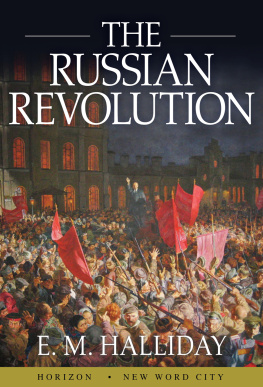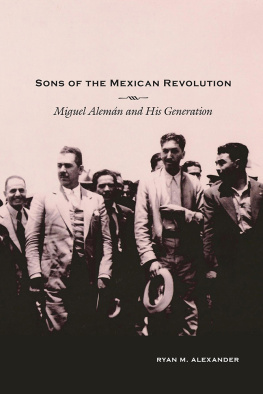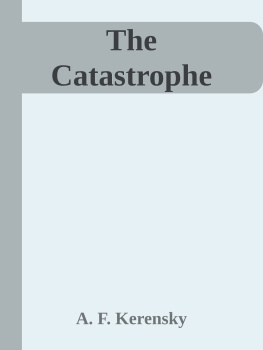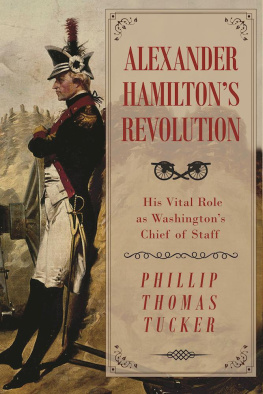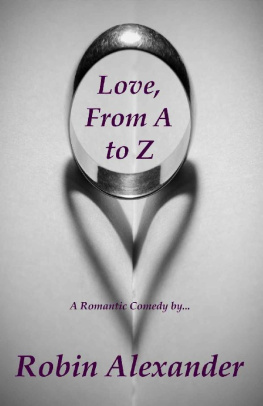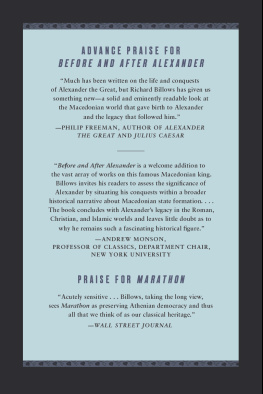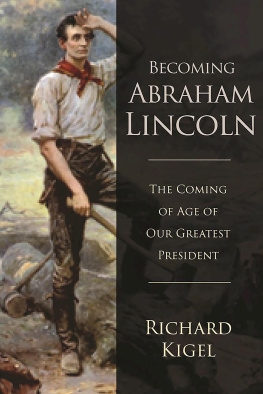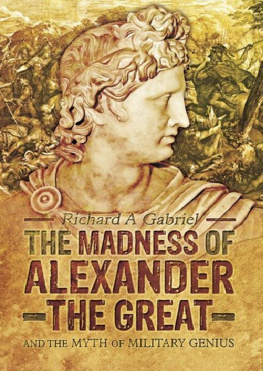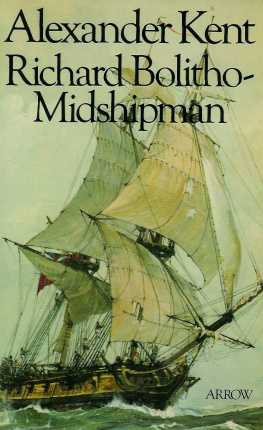Cover

| title | : | Alexander Kerensky : The First Love of the Revolution |
| author | : | Abraham, Richard. |
| publisher | : | Columbia University Press |
| isbn10 | asin | : | 0231061080 |
| print isbn13 | : | 9780231061087 |
| ebook isbn13 | : | 9780585382715 |
| language | : | English |
| subject | Kerensky, Aleksandr Fyodorovich,--1881-1970, Prime ministers--Soviet Union--Biography, Russia--History--February Revolution, 1917. |
| publication date | : | 1987 |
| lcc | : | DK254.K3A64 1987eb |
| ddc | : | 947.084/1/0924 |
| subject | : | Kerensky, Aleksandr Fyodorovich,--1881-1970, Prime ministers--Soviet Union--Biography, Russia--History--February Revolution, 1917. |
Page null01
ALEXANDER KERENSKY
Page ii
Image not available
The First Love. Kerensky salutes the navy, Sebastapol, May 1917.
Page iii
ALEXANDER KERENSKY
THE FIRST LOVE OF THE REVOLUTION
Richard Abraham

Page iv
Library of Congress Cataloging-in-Publication Data
Abraham, Richard, 1941
Alexander Kerensky: the first love of the revolution.
Bibliography: p.
Includes index.
1.Kerensky, Aleksandr Fyodorovich, 18811970.
2.Prime ministersSoviet UnionBiography.
3.Soviet UnionHistoryFebruary Revolution, 1917.
1.Title.
DS254.K3A641987947.084'1'0924 [B]8617548
ISBN 0-231-06108-0
Columbia University Press
New York Guildford, Surrey
Copyright 1987 Columbia University Press
All rights reserved
Printed in the United States of America
c1098765432
Book design by Ken Venezio
Page v
BARRY HOLLINGSWORTH
19351975
Page vii
Contents
| Preface ix |
| 1.Inspector Kerensky's Career |
| 2.A Hesitant Hero |
| 3.Against the Tide |
| 4.Tribune of the People |
| 5.Terribly Little Time |
| 6.Citizen Brutus |
| 7.Fires of Hope and Aspiration |
| 8.The People's Minister of Justice |
| 9.Ambition and Diplomacy |
| 10.Patriotism of a New Type |
| 11.The Supreme Persuader-in-Chief |
| 12.No Longer an Idealist? |
| 13.Statesman or Revolutionary? |
| 14.Reproaches and Slander |
| 15.All Necessary Measures |
| 16.Regeneration? |
| 17.A Romantic Exile |
| 18.The Long Reprieve |
| Notes |
| Index of Persons |
| Subject Index |
Illustrations appear as groups after pages 80 and 272 |
Page ix
Preface
The first light of dawn revealed the huddled, gray figures, chewing their cheap tobacco. Around them were the hills and valleys of Galicia, dotted with tree stumps and isolated wattle and thatch cottages, once so neat with their fences and orchards, but now unkempt and roofless. The hedgeless fields of wheat and rye looked equally forlorn, disfigured by the shallow, sinister zigzags of the trenches and the random gashes of shell craters. The larks were heard no more. The men tensed themselves for the whistles and thuds of shrapnel, while those at the command post stared at the thirty-six-year-old Minister of War who had come to urge them on. His famous brush cut now concealed by a flat military cap, he clenched his gloved fist against his plain but well-cut tunic as he paced nervously back and forth.
They remembered how he had spoken up for them in courthouse and parliament when the whole country had been silenced by the now vanished gendarmes. Their new subalterns, fresh out of grammar schools, worshipped him as the Leader of the Intelligentsia. For the hidebound careerists, he was something else, a socialist waffler, an upstart, perhaps even a Yid. He himself knew otherwise. A socialist intellectual he had been, but he had the blood of a general as well. His grandfather had served in the armies of the ill-fated Tsar Nicholas I, who had been humiliated by the English and French in the Crimea. But he had another dream, the dream of Themistocles that free men might fight harder to defend their liberty than enemy slaves would to extinguish it. The future of the world hung on this moment, on the Russian front in June of 1917.
Page x
Fifty years later I met Alexander Kerensky, but time was short and I never got to know him. I did not then know what an irreparable loss this was. There is one compensation: my resolve to tell his story unvarished might not have survived a friendship with him. Even his closest friends admit that he gave little away. As Elena Izvolskaya, his friend for four decades, put it, he has told in his books all that he has ever told me. He lived and died a conspirator, whose real gift eluded the literati who recorded his failures. One can fail to be a Great Man but still be a great human being. To many, Alexander Kerensky was an irresistibly lovable person. Those who accepted their affection for him could never escape the web of loyalty he wove. Others were blinded to his quality by patriarchal prejudice and intellectual snobbery. No one who knew him well has ever published an objective account of him.
In 1966, Professor Werner Mosse suggested Kerensky as a topic for research, though the initial work was supervised by Dr. Lionel Kochan. It was an almost full-time occupation during the three years I spent at the University of East Anglia. By the early seventies, I had visited Paris, Helsinki, New York, Austin, Stanfordand briefly Leningradand a book was nearly complete. As the burdens of career and family mounted, the work ground to a halt. It was rescued in the mid-seventies by Kerensky's grandson, Oleg Kerensky, the ballet critic, who found readers sufficiently encouraging to justify the disruption of our normal existence. The support of Walter Deakin and Raymond Long secured the generosity of the Inner London Education Authority, which released me for a term on full pay in 1982 to take up an Education Fellowship at Keble College, Oxford. The Warden, Fellows, and first year politics students gave me the stimulus I needed to get re-started. It has still taken another three years to complete.
Oleg Kerensky prodded me into finishing the book and followed up some important leads in New York. John D. Moore, President and Director of Columbia University Press, repeatedly urged me to overcome the practical obstacles to its completion. Brje Thilman, Director of Yritystieto Oy. of Helsinki and occasional contributor to Hufvudstadsbladet, extended his unstinting hospitality, contacts, and resources purely amore scientiae. Kerensky's sons, the late Dr. Oleg Kerensky, CBE, FRS, and Gleb Kerensky bore my endless and sometimes impertinent questions with patient courtesy and, even
Next page

